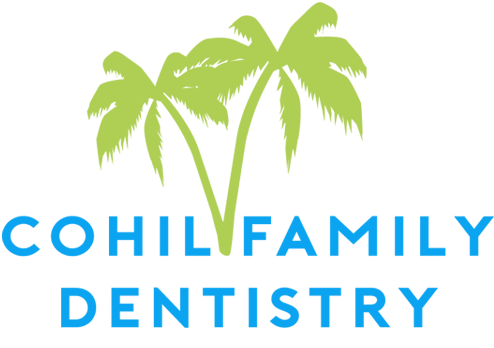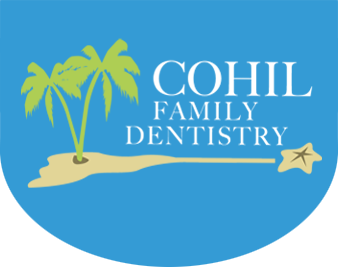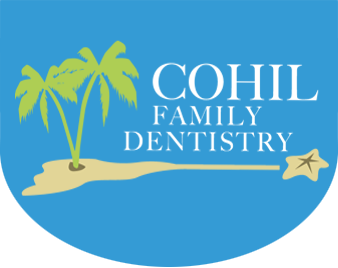
06 Dec What is Tooth Decay and why it Needs to be Treated Immediately
The Science Behind Tooth Decay and Why It Should be Treated Right Away
Tooth decay begins when a substance called plaque starts building up on teeth. If it’s not removed, it causes damage and eventually holes that are called caries or cavities. Too much sugar is one cause of plaque buildup, poor oral hygiene and heredity can be factors causing increased cavities. The most important way to prevent tooth decay and cavities is through regular brushing and flossing, and regular visits to your Apopka dentist. For many people, a visit to Cohil Family Dentistry is the trusted resource relied upon to help take excellent care of teeth and gums.
Catching Tooth Decay Early and Treating It Immediately is Smart
When plaque forms on teeth, there is an acid formed that causes protective enamel to erode. This can eventually cause teeth surfaces, pits and fissures to develop holes, if left untreated. If a cavity is caught early enough, fluoride treatments may be able to stop the cavity and early tooth decay in its tracks.
If plaque is not caught and removed early enough, then treatments for the resulting cavities can include fillings and crowns. In cases where plaque has affected the nerves of teeth, a root canal or extraction may be required. Your professional Apopka dentist, Dr. Kirk Cohil and the experts from Cohil Family Dentistry, can go over all of your options with you when tooth decay has become an issue. Caring and concerned staff wants to be sure that you thoroughly understand every step of every procedure for your comfort and for better dental health.
Cutting Edge Filling Options are Effective and Aesthetically Pleasing
Fillings used for cavities today are often made from a strong, attractive composite resin material that blends more readily with the natural color of teeth. Composite fillings are made out of glass and plastic particles that take in surrounding colors to optimize esthetics. The composite material is bonded to teeth, allowing the dentist to conserve tooth structure when removing the diseased aspect of teeth. The dentist may even use a restoration called a resin-reinforced, glass ionomer that absorbs fluoride when brushed, and slowly releases fluoride over time to minimize the recurrence of decay. This is typically used when decay is at the root surface of a tooth or areas of the mouth that are difficult to keep dry.
When a cavity takes up a large percentage of a tooth, tooth-colored, porcelain crowns are often a recommended option to keep the tooth intact and secure.
Cavities can happen between teeth, in the pits and fissures of teeth, under pre-existing dental work and in the root areas close to nerves. Each type of cavity is looked at by Apopka dental professionals from Cohil Family Dentistry and you’ll be advised as to your best treatment option. Cavities and tooth decay should always be treated, as soon as possible, to prevent the spreading of the disease, leading to tooth pain, increased sensitivity, toothaches and eventual loss of teeth.
With extensive experience in effectively caring for Apopka, Longwood, Altamonte Springs and Maitland residents’ teeth since 1999, Dr. Kirk Cohil focuses on providing the most caring and professional care for tooth decay and other dental issues. Catching tooth problems early and treating them properly, along with regular check-ups, brushing and flossing is your best way to keep your teeth looking brilliantly attractive and healthy. This can help you to keep your natural teeth throughout your lifetime.
Located in Apopka, Florida. Call today for an appointment (407) 889-9682.


